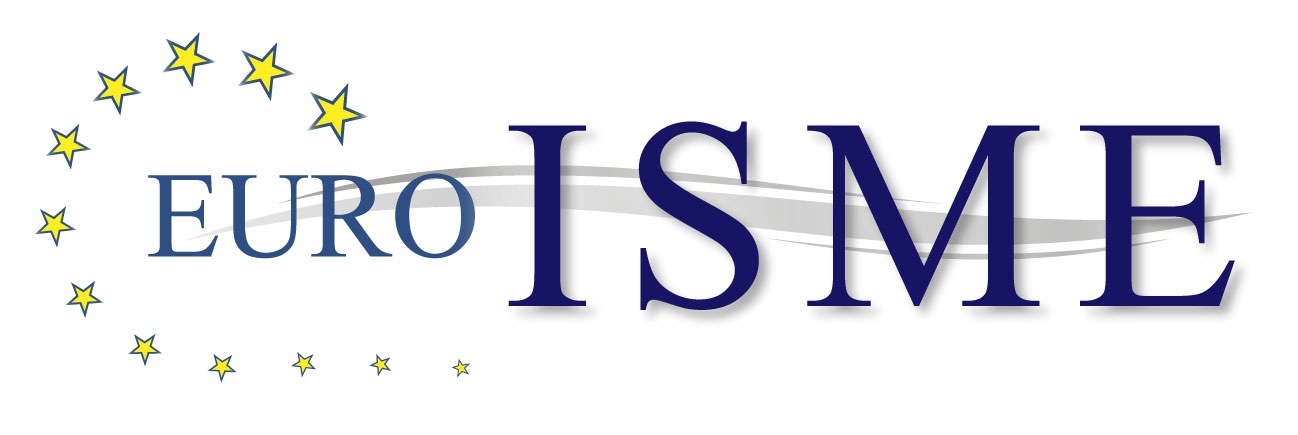As many of you will know, Euro-ISME’s annual conference this year will look at the continued relevance (or not) of Just War Doctrine (JWD) to contemporary conflict. For centuries, JWD has helped scholars and military practitioners understand and regulate the nature and conduct of warfare. It has from time to time been ignored by the unscrupulous, but it has nevertheless gone a long way to avoiding and minimising the horrors of war.
JWD has been an important cornerstone of military ethics, but current world events are changing how some people view the relevance not only of JWD, but also the broader subjects of military ethics and international law.
We are entering a new age of superpower rivalry, which unlike the Cold War, is not dominated by an ideological clash of political systems. The new era is characterised by the emergence of strong willed individual leaders, who are seeking to reshape the world according to their interests. The established rules based world order is no longer seen by them as a way of regulating international relations, but as an inconvenience to be ignored or even dismantled. This change exposes the world to the sometimes capricious whims of these leaders.

This is making for a very turbulent era, with actual conflict in Ukraine and Gaza, and the threat of wider conflict in (for example) the Middle East, Africa, and Taiwan. By all logic, this would be a very good time for these same world leaders and their advisors to be taking careful note of JWD and international law to avoid the risk of deliberate or inadvertent escalation. But there is little or no evidence that this is happening. There is a growing concern that military ethics, and even international law, are seen by them only as obstacles to political objectives or the prosecution of military aims. This suggests that the world risks being even more dangerous in the future than it is now.
This apparent antipathy to military ethics and international law manifests itself in many ways. There can be restrictions on academic freedoms, or a willingness to reinterpret traditionally accepted norms of behaviour in war in a way that threatens to stretch the boundaries of legality and morality, and a desire to silence and ostracise some who have often given a lifetime of service.
We do not yet know where these trends might lead, but it is not too early to say that the direction of travel is causing concern. It is clear that this new political dynamic adds important additional relevance to the work of the military ethics community worldwide.
John Thomas
President, Euro-ISME


